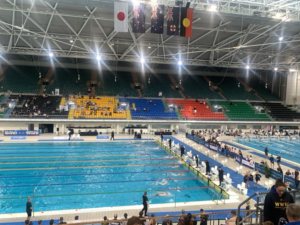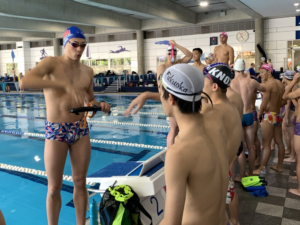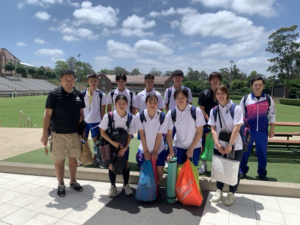One of the things that I feel comfortable about in Australia is when I dispose of garbage. I can put out my rubbish any time (in the case of apartments in Sydney) and there are only two types of garbage – recyclable or not.
In Japan, household garbage is collected by the municipalities (city, town or village), which must be put out on set days and in a prescribed manner. When moving to somewhere new in Japan, I advise you to first get a pamphlet concerning garbage disposal from the municipal office, so as to confirm the locations, days and times of garbage collection as well as the garbage separation policy, as it varies by municipalities.
There are a number of types of garbage for disposal purposes, but roughly speaking, garbage is separated as combustibles, non-combustibles, bulk garbage and recyclables.
Even in recyclables, cans, glass bottles, PET bottles, paper packages and newspapers are collected separately on separate days. Garbage is separated based on municipal rules. Even for the Japanese people, it is difficult to get used to the new garbage disposal policy when they relocate to another municipality. Japan is a small country – we do not have enough space for landfill. We try to recycle garbage and reduce its total amount as much as possible. This kind of garbage separation policy may apply to Australia in the near future. For more information please check the policy of my hometown.
https://www.city.tama.lg.jp/dbps_data/_material_/_files/000/000/018/808/gominodashikata.english.pdf


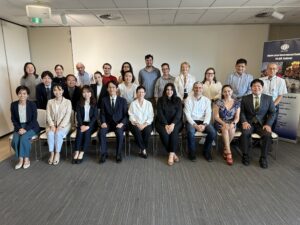
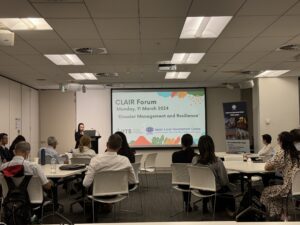
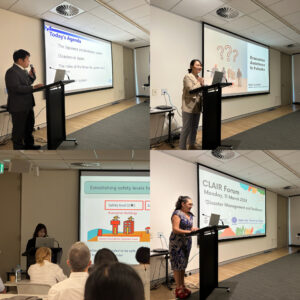
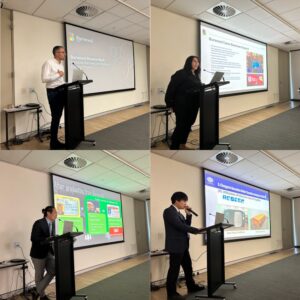
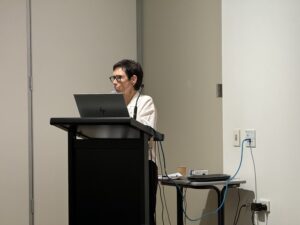
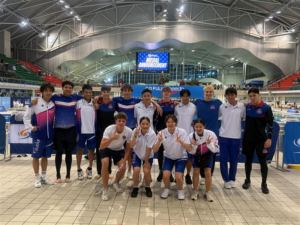 12月3~13日、福岡県水泳連盟の選抜選手8名がNSW州を訪問し、現地の学校との合同練習とNSW州の大会に参加しました。
12月3~13日、福岡県水泳連盟の選抜選手8名がNSW州を訪問し、現地の学校との合同練習とNSW州の大会に参加しました。